Australia abandoned refugees, must take responsibility: UNHCR
The UN refugee agency on Friday accused Australia of abandoning hundreds of refugees and asylum seekers on Papua New Guinea's Manus Island and said it must take responsibility for the mess it created with its "offshore processing" system.
About 800 refugees are still in a precarious situation on Manus Island, having been forcibly removed from a holding camp last month when Australia decided to close it, UNHCR spokeswoman Cecile Pouilly told a regular UN briefing in Geneva.
"We are talking here about people who have suffered tremendously, extreme trauma, and are now feeling so insecure in the places where they are staying. There are many victims of torture, people who have been deeply traumatized, having no idea what is going to happen next to them," she said.
"In light of the continued perilous situation on Papua New Guinea’s Manus Island for refugees and asylum seekers abandoned by Australia, UNHCR has called again this week on the Australian government to live up to its responsibility and urgently find humane and appropriate solutions."
Conditions in the camp, and another on the tiny Pacific island of Nauru, have been widely criticized by the United Nations and human rights groups.
The two camps have been cornerstones of Australia's contentious immigration policy under which it refuses to allow asylum seekers arriving by boat to reach its shores.
The policy, aimed at deterring people from making a perilous sea voyage to Australia, has bipartisan political support.
The closure of the Manus Island camp, criticized by the United Nations as "shocking", caused chaos, with the men refusing to leave the compound for fear of being attacked by Manus island residents.

Pouilly said that in the past four weeks, there had been at least five security incidents, including an attempt by three people armed with machetes and an axe to force their way into a site where 150 refugees and asylum seekers have been accommodated since the Australian facility closed.
Pouilly said that although Papua New Guinea now had to deal with the situation, the buck should stop with Australia.
"What we clearly are saying is that it’s Australia’s responsibility in the first place," she said.
"Australia is the country that created the situation by putting in place this offshore processing facility. So what we are asking is for Australia to find solutions for these people."
(Source: Reuters)
‘All wars have rules. All of those rules have been broken’ by Israel
VIDEO | Report flags India’s violation of rights of Rohingya detainees
Turkey's foreign minister meets Syria's de facto leader in Damascus
'Next to impossible' to rescue patients from Gaza's Kamal Adwan Hospital: Director
VIDEO | Vietnam current prosperity
Report blames gasoil exports for shortage at Iranian power plants
VIDEO | Hind Rajab Foundation names Israeli war criminals vacationing after Gaza genocide
VIDEO | Australians rally for Gaza ahead of Christmas festivities


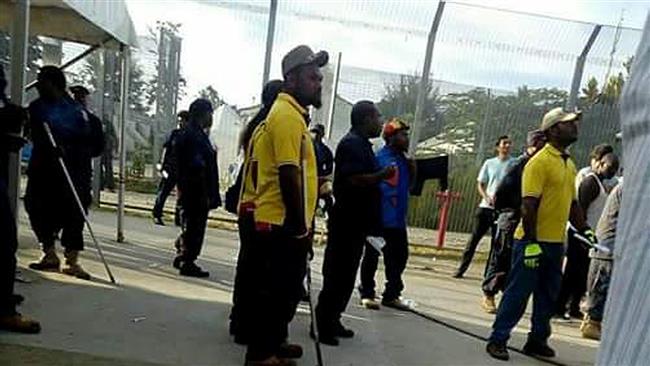






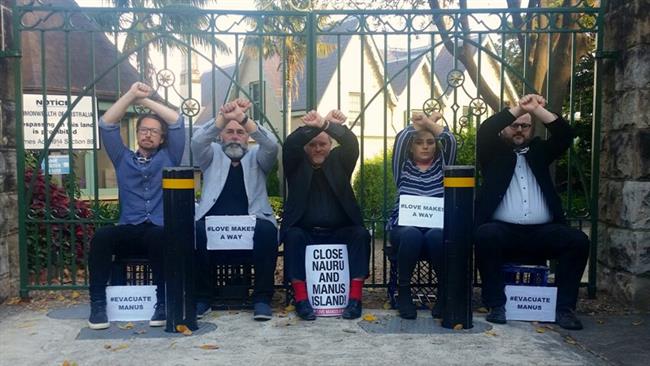
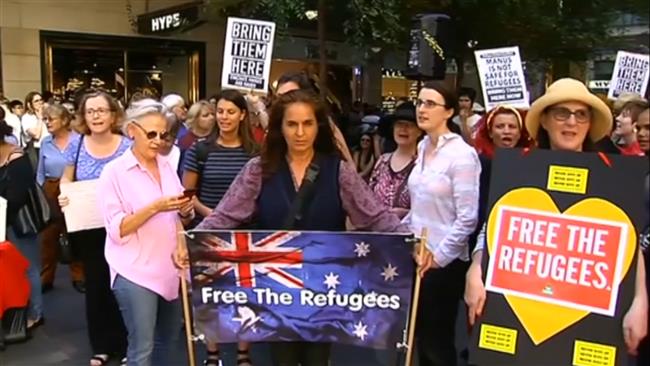
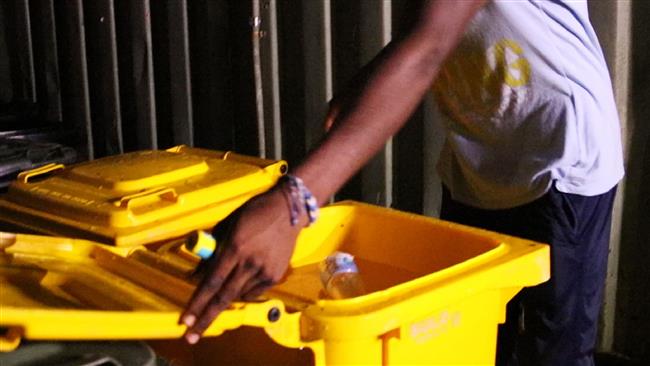
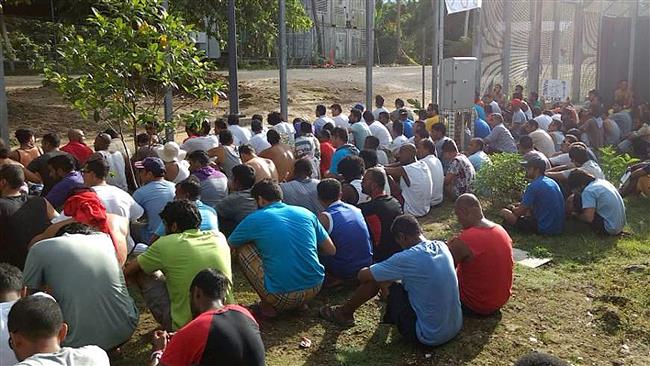


 This makes it easy to access the Press TV website
This makes it easy to access the Press TV website